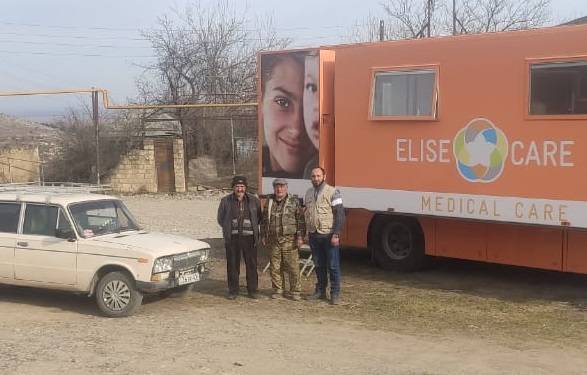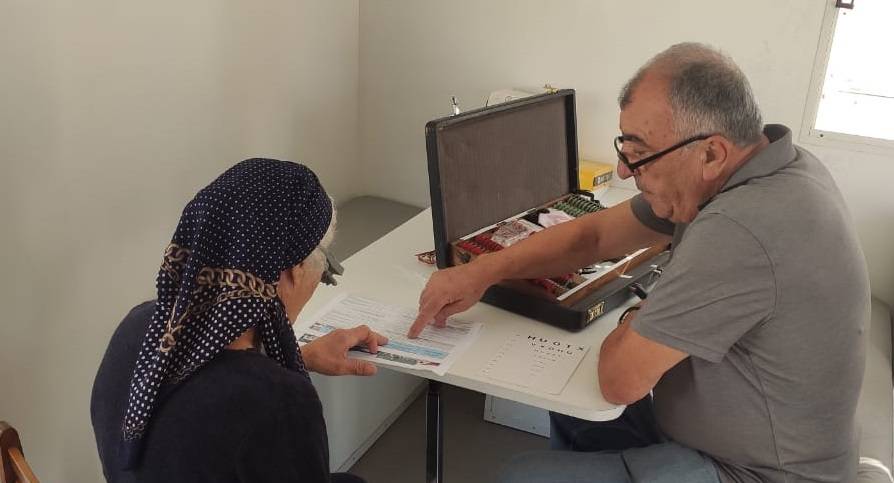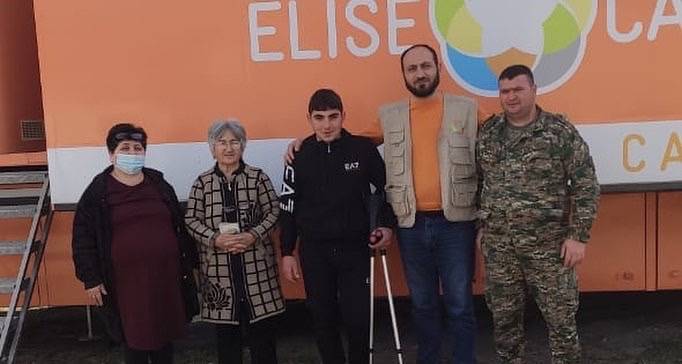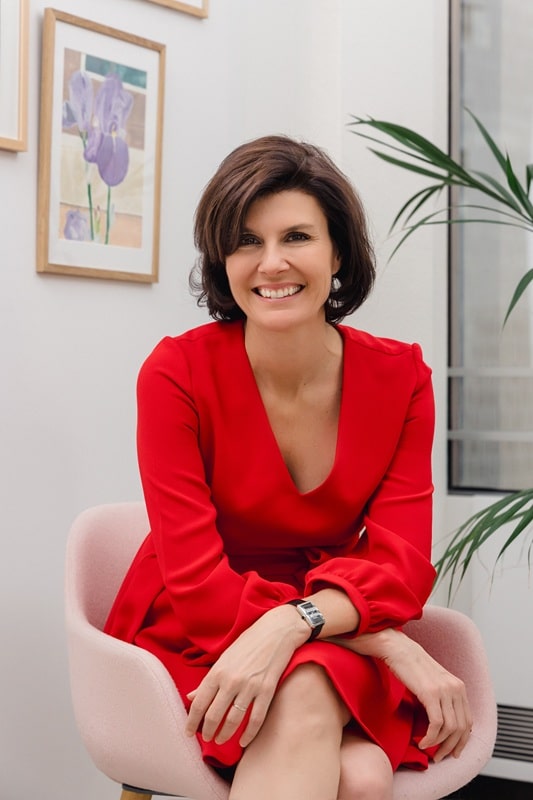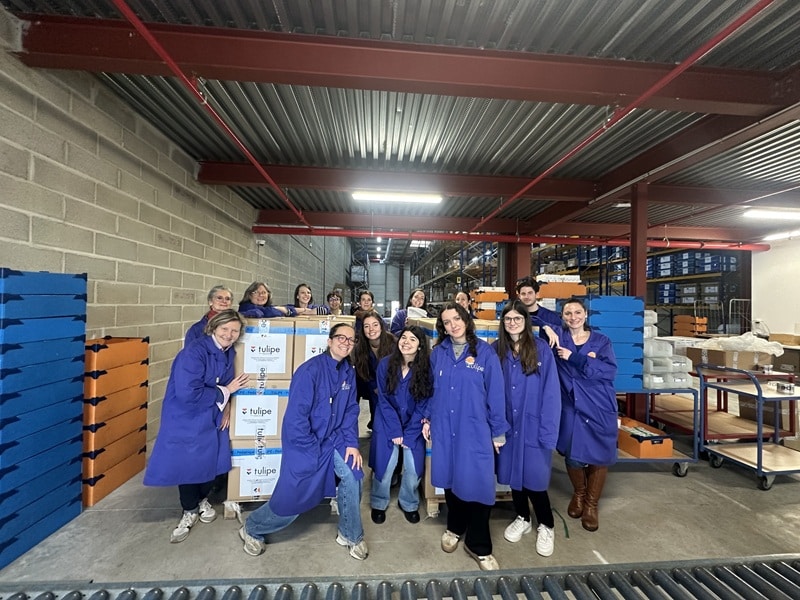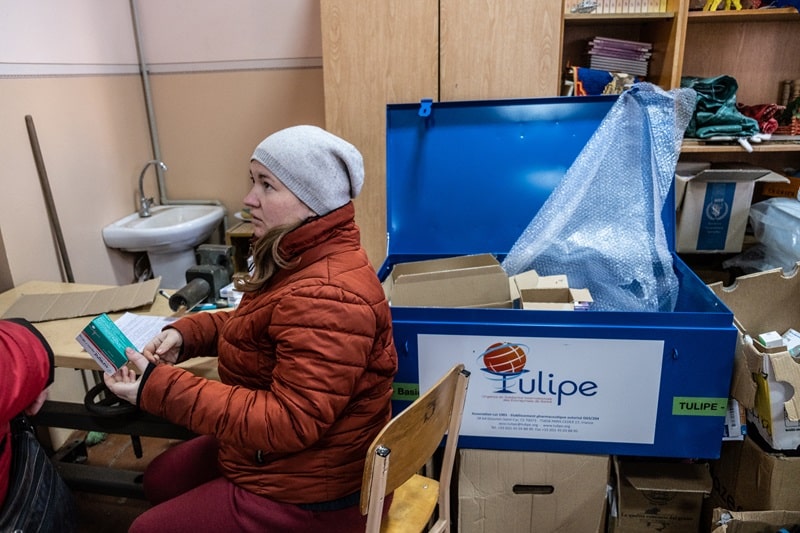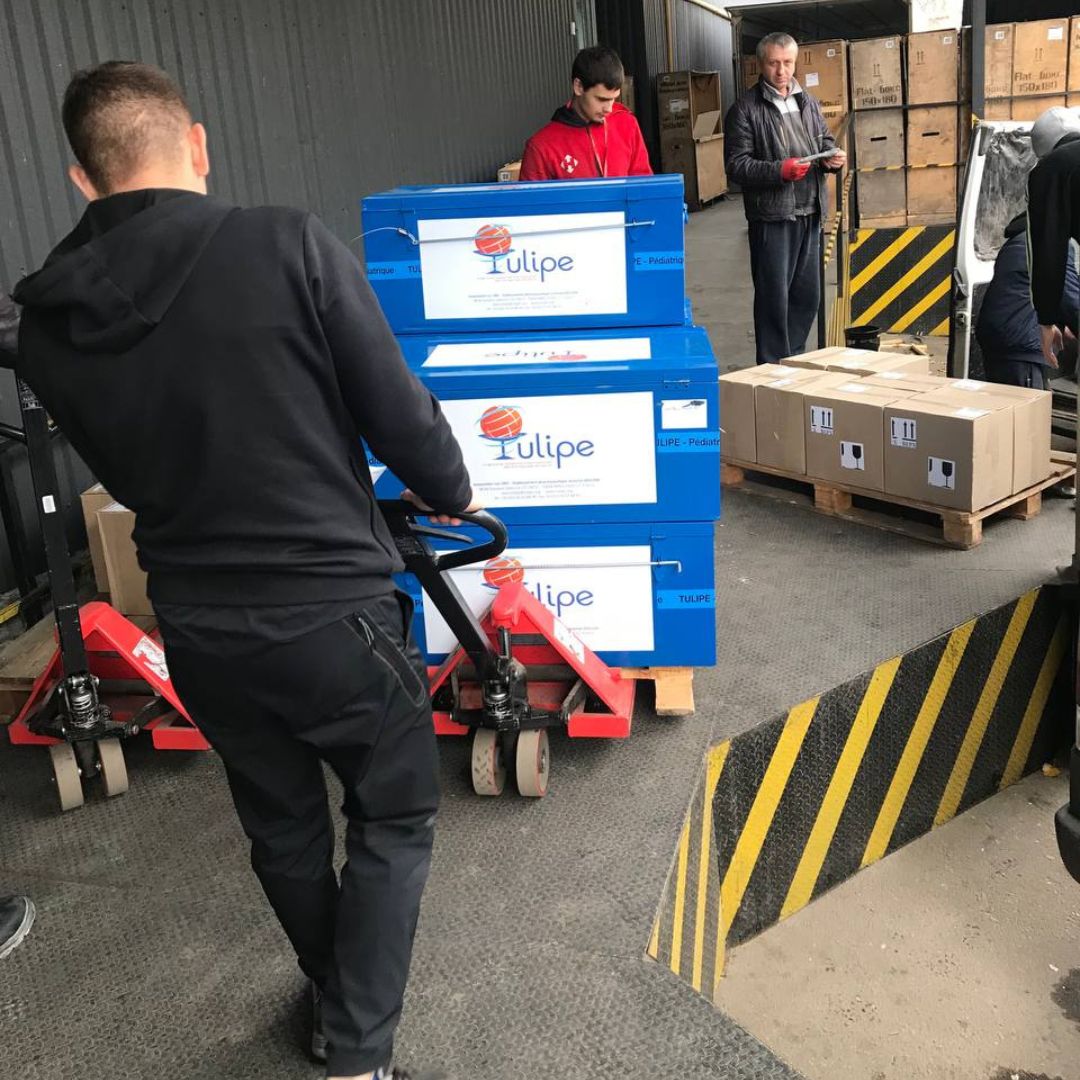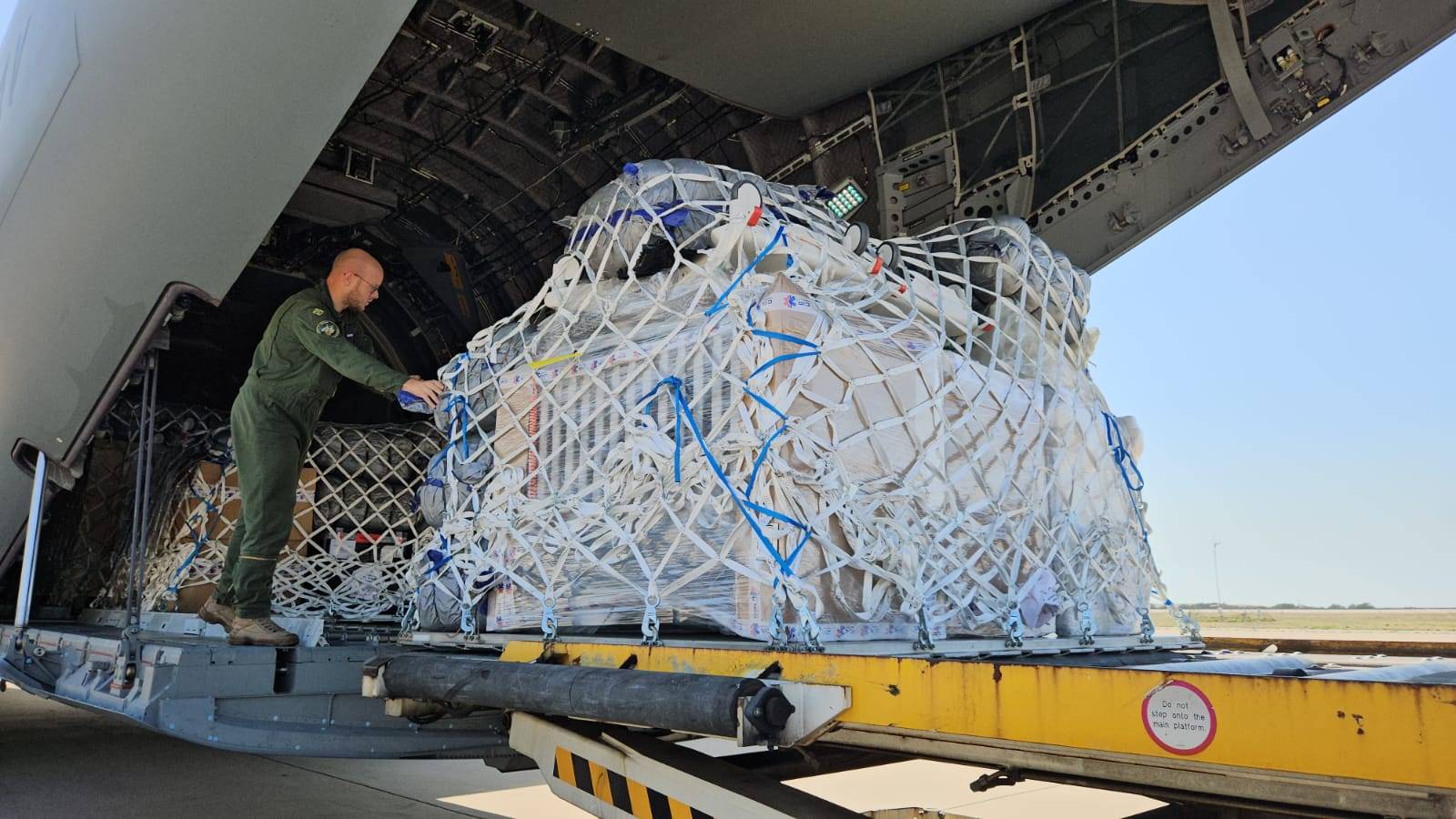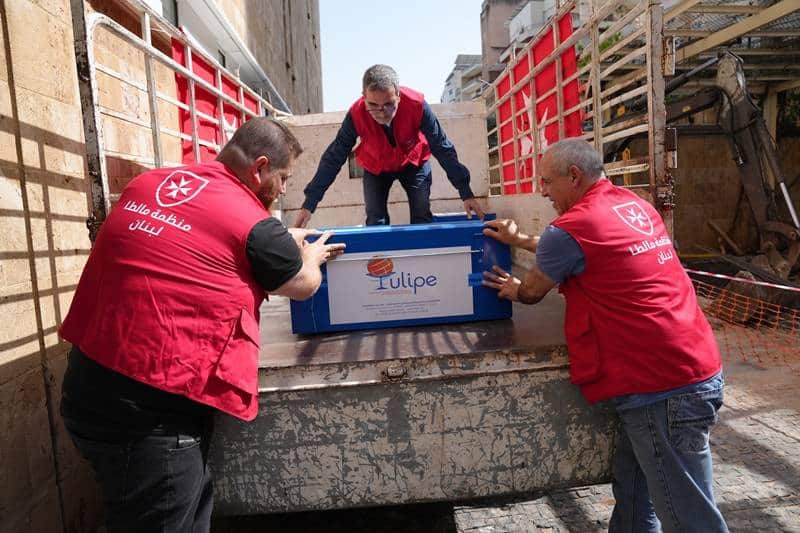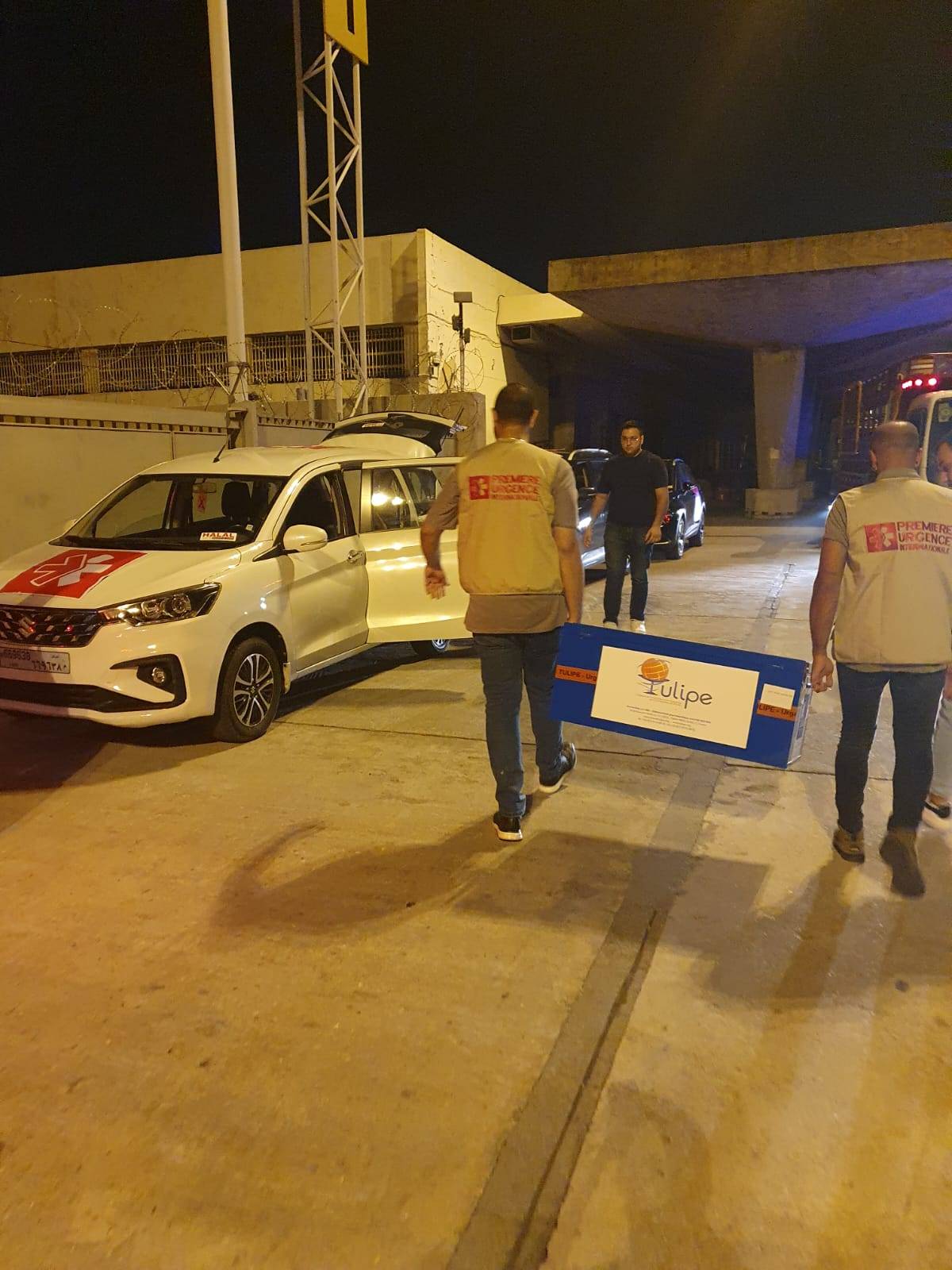[Access to healthcare in Armenia] On 23 February, the International Court of Justice ordered Azerbaijan to end the blockade of the Latchine corridor. This is the only road linking the enclave of Nagorno-Karabakh to Armenia. The 120,000 inhabitants of the enclave, most of whom are Armenian, have been deprived of food and medical supplies for nearly three months. TheTulipe association has donated a tonne of health products to the NGO EliseCare, which will soon be transporting them to this region in the midst of a humanitarian crisis.
The blockade of Nagorno-Karabakh (Artsakh) began on 12 December 2022. Azerbaijani “militants” are blocking all traffic on the only road linking the province to Armenia. Only a few Red Cross vehicles can reach the area, which is home to 120,000 people. The NGO EliseCare had already managed to send a humanitarian consignment via the Red Cross to Artsakh at the end of 2022: “the 18 kits of health products have arrived in Armenia and are currently being cleared through customs. These medicines and medical equipment will be used to supply one of our mobile clinics in Artsakh”, explains Elise Boghossian, founder and president of EliseCare.
An EliseCare mobile clinic providing access to healthcare in Armenia (DR – Elise Care)
“Several missions, several bases and mobile clinics”.
The NGO has been present in Armenia since 2019 and offers access to healthcare to the Armenian population, through multiple medical skills offered by its mobile clinics. “Composed of a complete team with a doctor and a paediatrician, they enable us to structure a mission as close as possible to the country’s conflict zones under optimum and effective conditions. We have several missions, several bases and mobile clinics with ambulances”, explains Elise Boghossian.
“The population has to cope with repeated offensives”.
In addition to Artsakh, EliseCare is active in several locations in Armenia, including Gyumri, one of the country’s poorest towns and a former earthquake zone in 1988. In particular, the NGO supports an orphanage for 300 children. “We are in the process of preparing a mobile clinic in Syunik, where the population has to face repeated offensives by Azerbaijani troops who want to carve up this region and ensure territorial continuity between Turkey and Azerbaijan, while cutting Armenia off from the border with Iran. As a result, people are unable to access healthcare. The aim of our mobile clinics is to remedy this situation”, explains Elise Boghossian. Estimates from previous conflicts put the death toll at over 30,000. More than half the population has been displaced – over 70,000 people, 90% of them women and children.
Since the 44-day war in 2020, the activities of the NGO EliseCare have intensified in Armenia (DR – Elise Care)
Humanitarian work since 2002
The founder of the NGO, who is French and the granddaughter of Armenian deportees, has been visiting Armenia individually since 2002 and started her humanitarian work there. However, it is the last three years that have seen a worrying change in the situation: “in 2019, a year before the war, there were already signs of what was to come, with regular attacks and ceasefire violations. At that time, we started working with rescue workers, through first aid training and combat rescue missions. We distributed survival equipment, medical kits and traumakits. Since the terrible 44-day war in 2020, our activities have intensified and we now have a permanent team on site.
An extreme political situation
After three months of the blockade of Artsakh, Elise Boghossian believes that the stakes go beyond the humanitarian aspect: “It’s not a problem to provide humanitarian aid for the 120,000 people currently living in the region. The Armenian diaspora does this very well. There are around 10 million of us around the world. The extreme political situation has led to an exodus of people, and that’s what’s so tragic, because this is ethnocide. What ‘ s more, the insecure conditions make the work of humanitarian aid workers extremely difficult, and local doctors are leaving certain regions because of the climate of fear “.
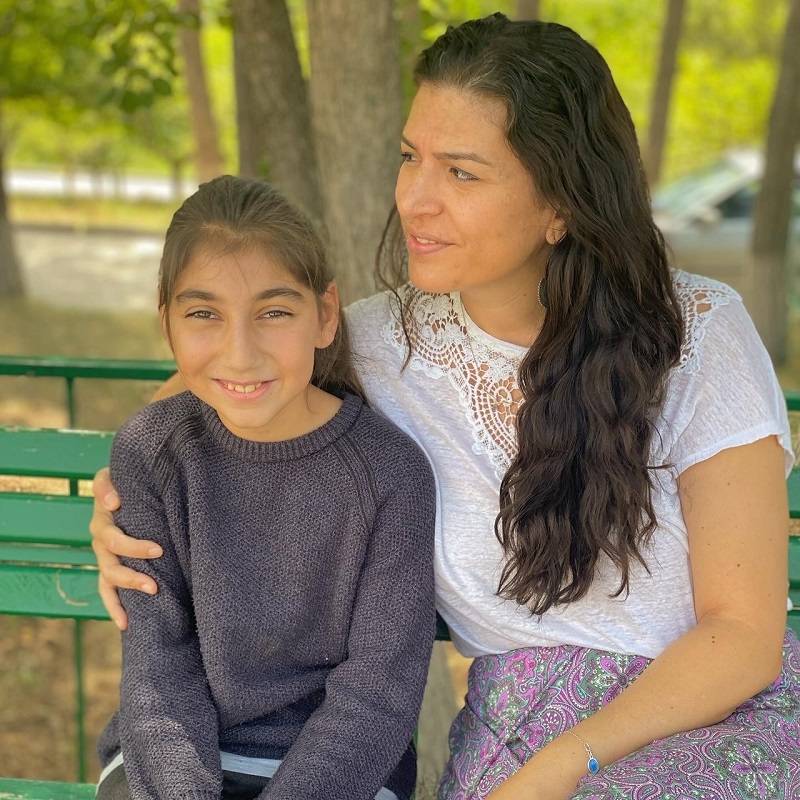
Elise Boghossian, founder of the NGO, Elise Care, French, granddaughter of Armenian deportees
The dimension of affect
“We are trying to fill this gap by providing the most comprehensive medical aid possible, free of charge, to the population. By making our presence felt, we are part of this diaspora force that supports, builds or rebuilds houses, keeps the health system running, provides university training… We are in a situation where the future is bleak… It’s easier for me to work in Iraq or Syria than in my own country of origin. I used to take my children there on holiday, but now it’s impossible”.
The NGO EliseCare is looking to set up smaller mobile units to reach the most isolated populations in Armenia.
Access to healthcare in Armenia: a need for additional skills and resources
In Armenia today, the NGO needs additional resources in the field of psychotraumatology, cardiologists, paediatricians and other specialists. “We’re short of skills. We need even more mobile clinics. Certain regions of Armenia have become veritable medical deserts, and ambulances fitted out as mobile clinics make it possible to cross steep mountain roads. So we need to set up small mobile units to make more frequent rounds in these less accessible areas”, concludes Elise Boghossian.
Focus on the NGO EliseCareAn expert in pain treatment, EliseCare is an international non-governmental organisation that has been recognised as being in the public interest since 2015. Apolitical and secular, its main vocation is to provide emergency medical and psychological aid to civilian populations living in conflict zones. Care is provided without religious or political discrimination to survivors of war and to anyone who has been a victim of human trafficking, torture, violence or sexual abuse. The NGO also provides care and assistance to displaced persons and refugees. EliseCare is currently working in Aleppo, Syria, Lebanon, Ukraine, Ethiopia and Iraq. More information on the EliseCare website |
